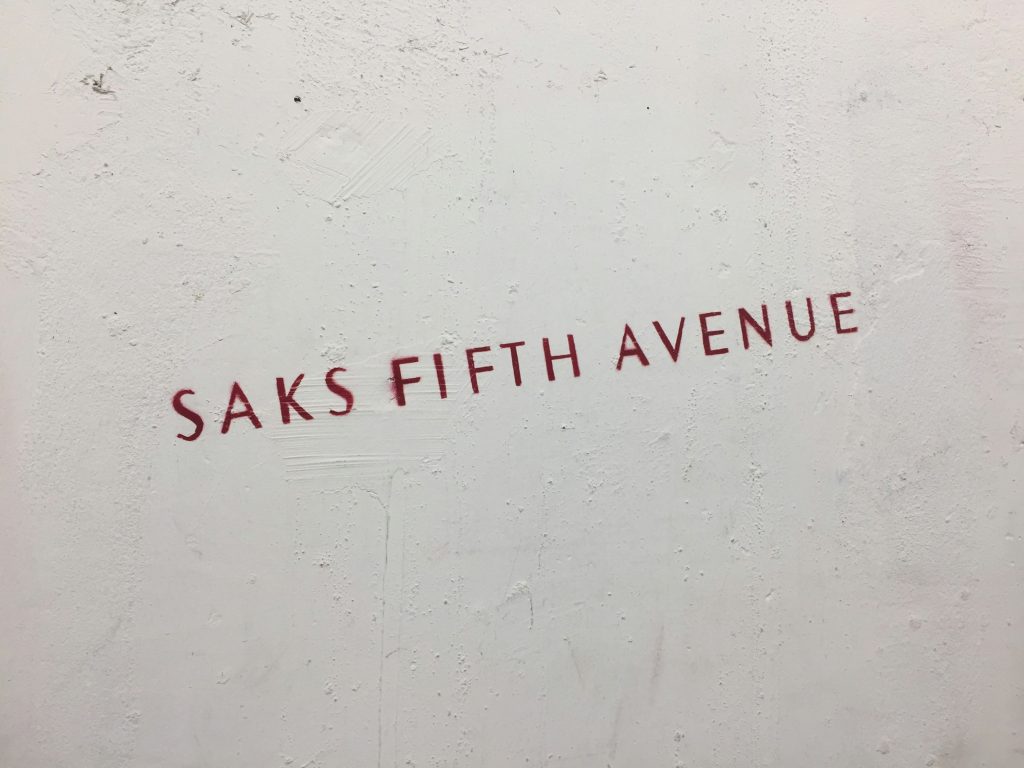Insights Into “Inability to Pay” Claims
PDF Available
By Olivia Stitz
Gone are the days where companies are forced to decipher and interpret the Department of Justice’s (“DOJ”) published declination letters.[1] After supplementing Title 18 Sentencing Guidelines with its April 2019 Evaluation of Corporate Compliance Programs, the DOJ left a gaping hole in how they would evaluate Inability-to-Pay claims. The recently published DOJ Memorandum and Inability-to-Pay Questionnaire sheds light on what companies are expected to submit to meet their burden of proof.[2]
Inability-to-Pay claims are submitted by companies arguing they cannot pay the criminal fine imposed.[3] Title 18 Sentencing Guidelines allow courts to reduce the fine if necessary. Additionally, the new guidelines give prosecuting attorneys the power to adjust fines if companies meet their burden of proof.
When submitting Inability-to-Pay claims, prosecutors may consult statutes (18 U.S.C. §§ 3572(ab), (b); U.S.S.G. §§ 8C2.2, 8C.3.3), Justice Manual’s principles for corporate criminal matters, and accounting experts.[4] However, none of these guides offer strategies on what and how financial information should be weighed, making decisions unpredictable and inconsistent. Additional factors listed in the memorandum fixes this discrepancy, guiding prosecutors through the corporate finance assessment.[5] The burden of proof remains with the companies, who must “complete and timely respon[d] to the questionnaire”.[6] However, the guidelines and questionnaire now “define and refine the criteria prosecutors will apply” in the decision process.[7] Where the company can show reasonable inability to pay, prosecutors are expected to either reduce the fines or create a payment schedule accordingly.[8]
To help paint a comprehensive picture of a company’s financial status, the internal guide on “legal and policy issues”[9] requires prosecutors to take a holistic approach to the data. Factors to be considered include:
i) Financial history of the company,
ii) Available sources to raise capital,
iii) Effects of payment on, inter alia, retirement plans and regulatory requirements, and
iv) “Victim [r]estitution [c]onsiderations”.[10]
It is clear from these factors that the department expects their prosecutors to look “beyond the financial condition of the entity at issue” when considering the claim.[11] Reminding prosecutors to consider capital requirements, as well as employment and antitrust consequences takes the true effects of a fine on the company into account.
The memorandum includes a questionnaire under Attachment A, which companies will be required to fill out, providing prosecutors with the necessary information to answer the above four factors.[12] The questionnaire considers company assets, cash flow, liabilities, business plans, and past financial statements, tax returns, and compensation plans[13]. Overall, the list assists companies in determining what documents and information must be disclosed.[14] Instead of guessing and hoping for the best, the eleven bullet points help companies meet their disclosure burden[15] while keeping prosecutors happy.[16]
The questionnaire and internal guidelines should encourage compliance, efficiency, and fairness across the board. Additionally, it sets clear parameters for prosecutorial discretion, establishing predictability and reliability in Inability-to-Pay claims.[17] However, the guidelines demonstrate that a showing of inability to pay will not result in cancellation of the fine.[18] By looking beyond mere assets, the department is obtaining a better picture of the financial status of the business, allowing them to adjust fines as needed.
[1] Assistant Attorney General Brian A. Benczkowski, Remarks at the Global Investigations Review Live New York (Oct. 8, 2019), in Department of Justice News (2019), https://www.justice.gov/opa/speech/assistant-attorney-general-brian-benczkowski-delivers-remarks-global-investigations (offering insight into how the department “favorably credited or penalized” certain actions).
[2] Paul, Weiss, Rifkind, Wharton & Garrison LLP, DOJ Announces Guidance for “Inability-to-Pay” Claims, Lexology (Oct. 10, 2019), https://www.lexology.com/library/detail.aspx?g=472bd758-2fb3-478e-9b85-affbf56a11b6.
[3] Memorandum from the Assistant Attorney General on Evaluating a Business Organization’s Inability to Pay a Criminal Fine or Criminal Monetary Penalty 1 (Oct. 8, 2019) (on file with author).
[4] Id.
[5] Assistant Attorney General Brian A. Benczkowski, Remarks at the Global Investigations Review Live New York (Oct. 8, 2019), in Department of Justice News (2019), https://www.justice.gov/opa/speech/assistant-attorney-general-brian-benczkowski-delivers-remarks-global-investigations.
[6] Memorandum from the Assistant Attorney General on Evaluating a Business Organization’s Inability to Pay a Criminal Fine or Criminal Monetary Penalty 2 (Oct. 8, 2019) (on file with author).
[7] Assistant Attorney General Brian A. Benczkowski, Remarks at the Global Investigations Review Live New York (Oct. 8, 2019), in Department of Justice News (2019), https://www.justice.gov/opa/speech/assistant-attorney-general-brian-benczkowski-delivers-remarks-global-investigations.
[8] Memorandum from the Assistant Attorney General on Evaluating a Business Organization’s Inability to Pay a Criminal Fine or Criminal Monetary Penalty 4 (Oct. 8, 2019) (on file with author).
[9] Id. at 1, fn1.
[10] Id. at 3.
[11] David W. Ogden & Karin Dryhurst, DOJ Inability to Pay Guidance: Beyond Corporate Formalities, Wilmer Hale (Oct. 11, 2019), https://www.wilmerhale.com/en/insights/client-alerts/20191011-doj-inability-to-pay-guidance-beyond-corporate-formalities.
[12] Memorandum from the Assistant Attorney General on Evaluating a Business Organization’s Inability to Pay a Criminal Fine or Criminal Monetary Penalty 5 (Oct. 8, 2019) (on file with author).
[13] Id.
[14] Paul, Weiss, Rifkind, Wharton & Garrison LLP, DOJ Announces Guidance for “Inability-to-Pay” Claims, Lexology (Oct. 10, 2019), https://www.lexology.com/library/detail.aspx?g=472bd758-2fb3-478e-9b85-affbf56a11b6.
[15] Id.
[16] Assistant Attorney General Brian A. Benczkowski, Remarks at the Global Investigations Review Live New York (Oct. 8, 2019), in Department of Justice News (2019), https://www.justice.gov/opa/speech/assistant-attorney-general-brian-benczkowski-delivers-remarks-global-investigations.
[17] Id.
[18] David W. Ogden & Karin Dryhurst, DOJ Inability to Pay Guidance: Beyond Corporate Formalities, Wilmer Hale (Oct. 11, 2019), https://www.wilmerhale.com/en/insights/client-alerts/20191011-doj-inability-to-pay-guidance-beyond-corporate-formalities.


